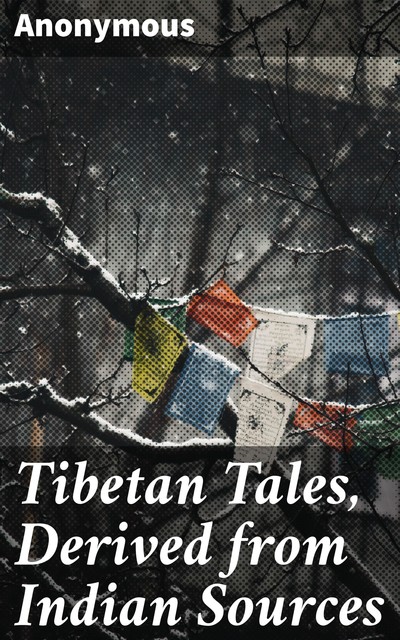In “Tibetan Tales, Derived from Indian Sources,” the anonymous author presents a fascinating collection of narratives that explores the intricate tapestry of Tibetan folklore, drawing heavily from the rich traditions of Indian Buddhism. The literary style is characterized by an engaging simplicity interwoven with profound moral lessons, often employing allegory and parable to convey spiritual wisdom. Set against the backdrop of a historical period where Indian cultural influences permeated Tibetan society, these tales reflect the syncretic nature of Tibetan Buddhism and serve as both entertainment and enlightenment for the reader. The identity of the author remains shrouded in mystery, yet this anonymity invites broader interpretation and appreciation of the text. This work, likely influenced by both the oral traditions and the written scriptures of the time, illustrates how cultural exchanges shaped Tibetan literary heritage. The author'Äôs decision to remain anonymous may suggest a desire to present these tales as communal wisdom rather than a singular vision, emphasizing the collective narrative of a deeply spiritual culture. “Tibetan Tales, Derived from Indian Sources” is a must-read for anyone interested in the intersection of culture, spirituality, and storytelling. This collection offers invaluable insights into the values and beliefs that underpin Tibetan identity, making it an essential addition to the library of scholars and literature enthusiasts alike.


